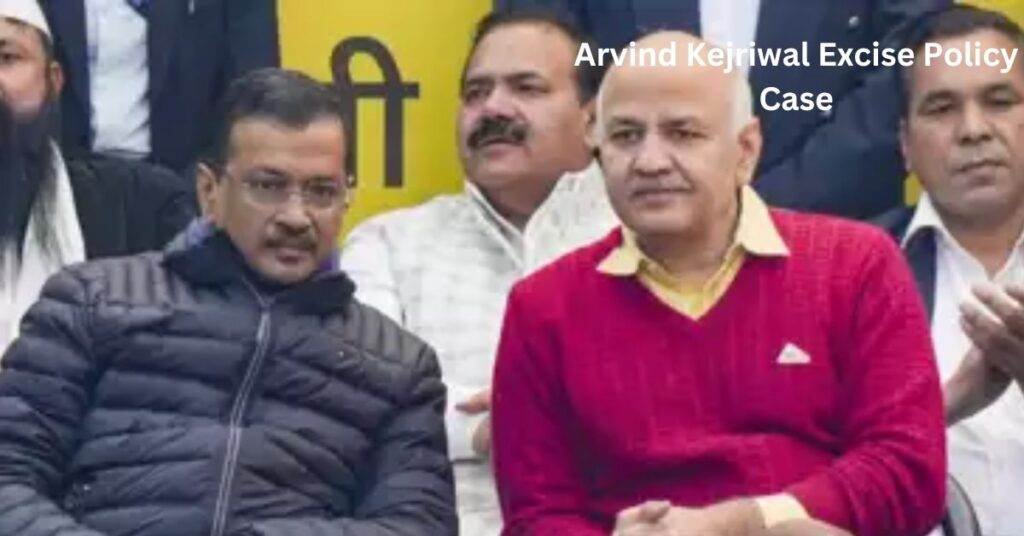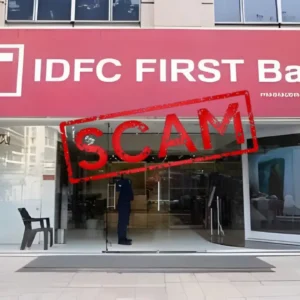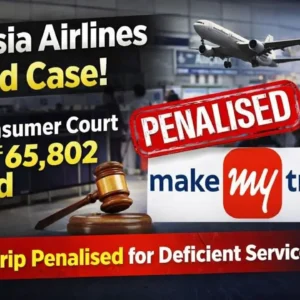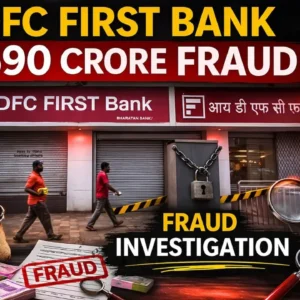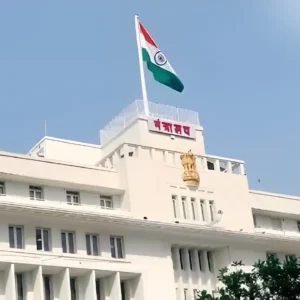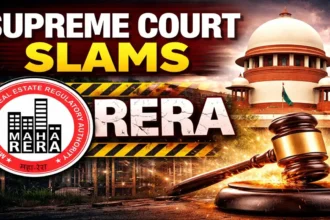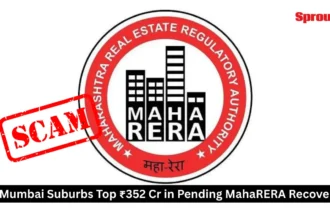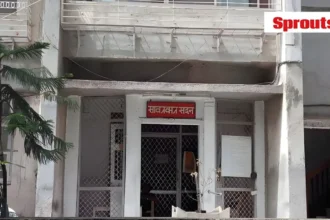
Unmesh Gujarathi
Sprouts Exclusive
The Union Home Ministry (MHA) has granted the Enforcement Directorate (ED) sanction to prosecute Arvind Kejriwal, the National Convenor of the Aam Aadmi Party (AAP) and former Chief Minister of Delhi, in connection with the alleged excise policy-related money laundering case. The ED had previously named him as the “kingpin and key conspirator” in what has been termed the Delhi excise “scam.”
Key Developments in the Excise Policy Case
The case involves allegations of corruption and money laundering tied to the Delhi government’s excise policy for 2021-22, which was later withdrawn following scrutiny. The policy allegedly involved collusion among AAP leaders, Delhi government officials, and other parties to favor select entities.
ED’s Case Against Kejriwal
- The ED filed a chargesheet against Arvind Kejriwal in 2024 in the Prevention of Money Laundering Act (PMLA) court.
- The agency alleged that Kejriwal, as AAP’s national convenor and Delhi Chief Minister at the time, was responsible for the irregularities.
- The ED has claimed that AAP, classified as a “company” under Section 70 of the PMLA, and Kejriwal, as the party head, are liable under anti-money laundering laws.
The chargesheet noted that Kejriwal played a central role in influencing the excise policy to benefit a nexus of individuals and entities, with monetary benefits allegedly laundered through shell companies and intermediaries.
Timeline of the Case
- 2021-22: The Delhi government introduced the excise policy, intending to boost revenue and curb illegal trade.
- 2022: The policy faced allegations of corruption. Delhi Lieutenant Governor V. K. Saxena recommended a CBI probe.
- August 2022: A CBI FIR was lodged, and the ED filed its money laundering case days later.
- March 2024: Kejriwal was arrested, and a chargesheet was submitted against him in the PMLA court.
- January 2025: MHA granted ED sanction for Kejriwal’s prosecution.
Political and Legal Implications
The timing of the sanction, ahead of the February 5 Delhi Assembly elections, has drawn significant political attention. Critics claim the move could influence the election narrative, while supporters of the probe view it as a step toward accountability.
The charges also raise questions about the accountability of political leaders and the legal status of political parties under financial scrutiny. Kejriwal’s designation as the “kingpin” underscores the gravity of the allegations, which have led to a broader debate about governance and ethics in public policy.
Also Read: Multi-Crore Scam by MahaRail’s Corrupt MD Rajesh Kr. Jaiswal
What Was the Excise Policy?
The excise policy aimed to overhaul the liquor trade in Delhi by:
- Allowing private players to operate retail outlets.
- Offering a competitive license bidding process.
- Increasing revenue for the Delhi government.
However, allegations surfaced that the policy unfairly benefited specific entities in exchange for kickbacks, leading to its withdrawal.
Kejriwal’s Response and Future Steps
Arvind Kejriwal and the AAP have denied all allegations, calling them politically motivated. Legal experts predict that the case will undergo extensive litigation, with potential implications for AAP’s political future and its leader’s role in the party.
The investigation is expected to gain momentum in the coming weeks, as the ED continues its probe into the excise policy and related financial transactions.
Stay tuned for further updates on the Arvind Kejriwal excise policy case as new developments unfold.


